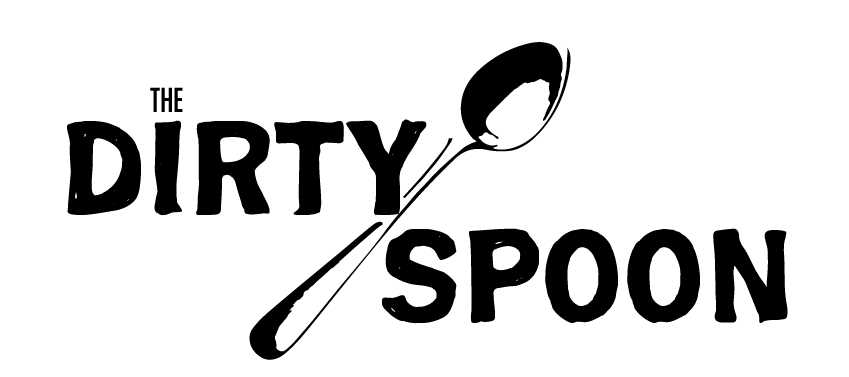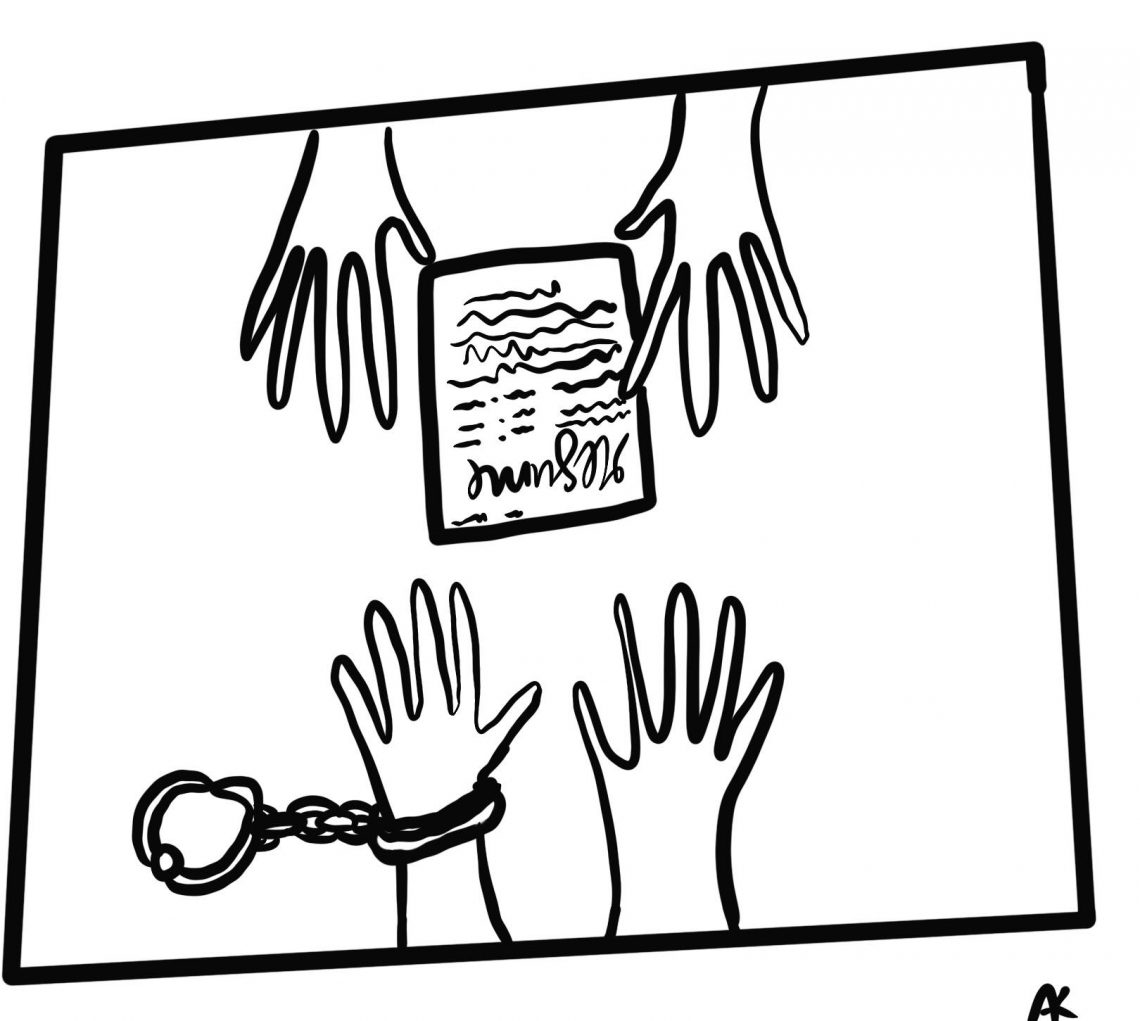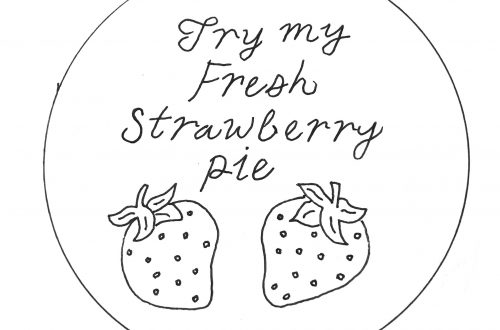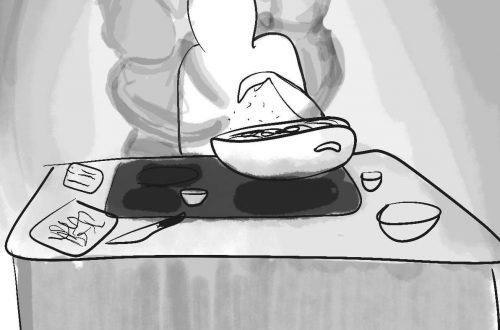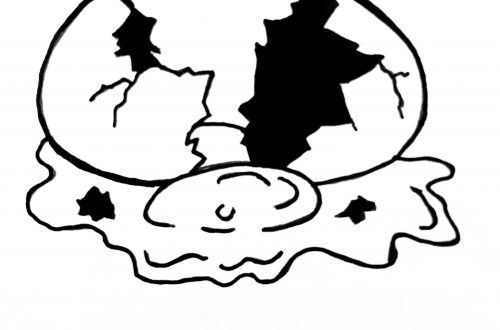by Carolyn Cohen
Carolyn’s essay is featured in episode 45 of The Dirty Spoon Radio Hour.
A shy old man sits across the table from me, wearing a faded flannel shirt and jeans. He resembles a work-worn farmer, anxious in a big city. I begin the practice job interview with the standard prompt, “Thank you for coming in today. Can you tell me about yourself?” Abruptly his pale cheeks flush pink and his eyes tear up. He chokes, struggling to speak, “I’ve been in prison for 30 years, and my last job interview was in the 1970’s. What am I supposed to say to you?” He is clearly terrified of the interview and of me.
That was my first day as a volunteer for a program providing culinary skills to people reentering the workforce. Most have experienced a combination of homelessness, incarceration, and substance abuse disorder. Participants receive social support and hands-on kitchen skills training. Near the end of the program, they are paired with volunteers to practice applying for jobs. These mock interview sessions are held mid-mornings, in the otherwise empty restaurant where the program is located. Still wearing their aprons, they emerge from the glassed-in kitchen and are assigned to sit with a volunteer at tables pre-set for lunchtime opening. Each one hands over a draft resume, which often shows multi-year gaps in employment. In conversation, these trainees sometimes disclose that the gaps are due to homelessness or drug issues; often the resume lists several years of work “for the state” in the town where the prison is located— code for incarceration. Most hope to find work as a dishwasher or as a prep or line cook. Several share aspirations to open their own coffee shop or restaurant one day.
I am now seasoned in the interviewer role, yet still rarely untouched by the interactions. There are some humorous moments, for example, one participant, a former felon, transposed letters on his resume, describing his previous position as a perp cook instead of a prep cook.
A well-spoken woman in her forties with an impressive resume in health care asks to “go off the record.” She confides how she loved her years of working in a nursing home, but after injuring her back lifting a patient, she was prescribed opioids and spiraled into a heroin addiction, a felony conviction, and prison time. Her drug-related felony prohibits her from working in health care. Nursing was her passion, but that option will never be open again. Now, she is training for a career in the restaurant industry. She requests that we practice as though she were applying for an entry-level opening as a dishwasher. Sitting with her, my heart tightens with outrage at the travesty of opioid marketing and prescription abuses, and the resulting damage to innocent lives, including hers.
I find myself initially discounting a middle-aged woman with missing front teeth, pale blue eyes outlined with thick raccoon-like eyeliner topped with electric blue eye shadow, and hair dyed a shockingly unattractive shade of maroon. She hands over a resume, demonstrating an impressive job history; she is articulate and knowledgeable about all aspects of the kitchen. A great hire. I wonder if prospective employers will see beyond her appearance, but I don’t feel comfortable saying anything.
This is one that stays with me: A dignified man, in his fifties, dressed in a button-down plaid shirt sits across from me, poised and calm at the two-person table. We look like colleagues having lunch. I begin with the usual opening query. “Tell me about yourself.” Immediately, his demeanor transforms to panic and he stammers, “What do you want me to say?” I respond reassuringly, “Let’s stay in the mock interview mode, just give it a try.” But he blurts out, “I can’t answer that.” I move on to another question, “What would you do if you unexpectedly were going to be late or absent from work?” He is able to respond. We finish practicing, and it is time to debrief. I ask if we should work on a response to “tell me about yourself” and he replies, “I don’t know how to answer that kind of question. I was in prison for 15 years and I’ve been out for 80 days. I am not used to having anyone take an interest in me.”
His response shakes me and I take a deep breath. We work on his elevator speech and interview-appropriate responses in case he is asked about the 15-year gap in his resume. We identify transferable skills. Reading his expression and body language, I sense a shift, he seems to feel a level of comfort with me and would like to explain what sent him to prison. But volunteers are only allocated 30 minutes with each participant; the program days are tightly scheduled, and he is required to return to the kitchen training in a few minutes. We stand, shake hands, and he walks away. Our relationship is over.
In my mind’s eye, I still see the expression on his face when he told me he wasn’t used to someone caring about him. I would like to think that at his first job interview, he confidently answered the question, “Tell me about yourself.” But this volunteer position isn’t structured for follow-up, I wish it was. I will never know how it all turned out for him. Years later, I still wonder.
Original artwork by Alex Knighten
About the Author
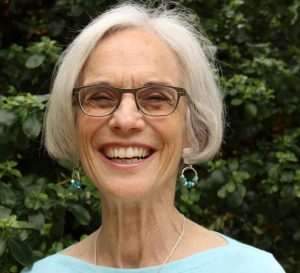 Carolyn Cohen, a native Northwesterner, lives in Seattle, WA. In her career, Carolyn served as a consultant to nonprofits, educational institutions, and philanthropies, supporting innovations in programs and local communities. In retirement, she has focused her former workplace skills, including decades of interviewing experience, as a volunteer in nonprofit organizations. She enjoys time with family and friends, gardening, and relentless political advocacy.
Carolyn Cohen, a native Northwesterner, lives in Seattle, WA. In her career, Carolyn served as a consultant to nonprofits, educational institutions, and philanthropies, supporting innovations in programs and local communities. In retirement, she has focused her former workplace skills, including decades of interviewing experience, as a volunteer in nonprofit organizations. She enjoys time with family and friends, gardening, and relentless political advocacy.
